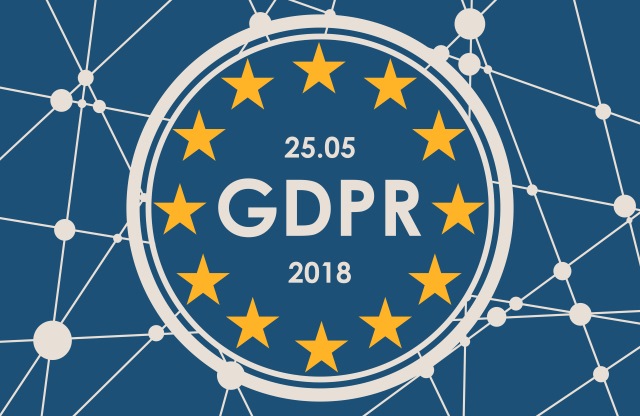
Google explains its handling of user data ahead of GDPR and reveals new privacy policy
There's now just two weeks until the new General Data Protection Regulation (GDPR) law comes into force across Europe. Technology companies have been scrabbling to update their privacy policies in order to comply, and today Google reveals the steps it has taken to become compliant.
In addition to this, the company has also published its updated privacy policy. In keeping with GDPR, this time around the terms are presented in a much more accessible and transparent form.
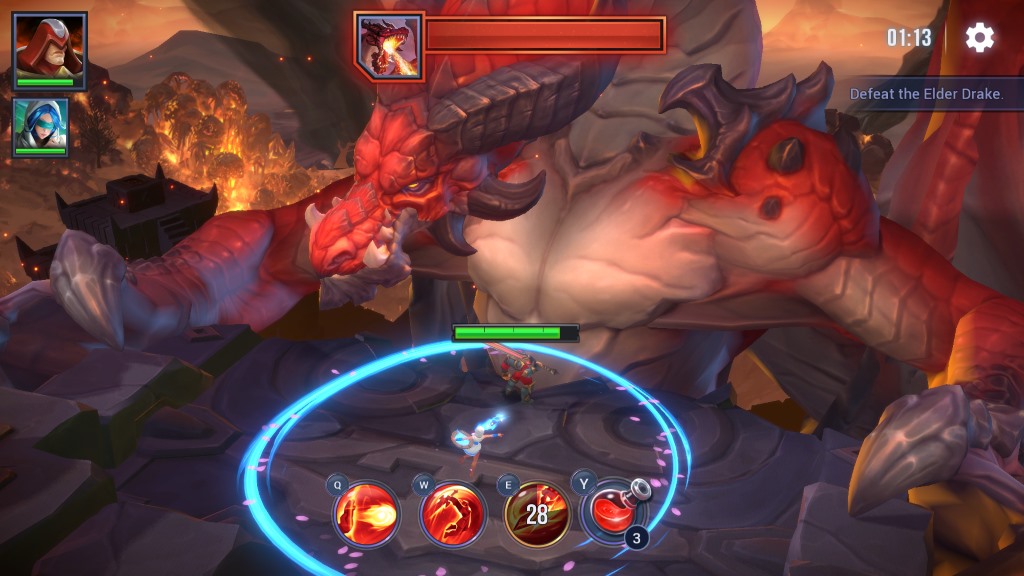
Best Windows 10 apps this week
Two-hundred-and-eighty-two in a series. Welcome to this week's overview of the best apps, games and extensions released for Windows 10 on the Windows Store in the past seven days.
Microsoft announced recently that it will increase the revenue share for Windows app developers to up to 95 percent.
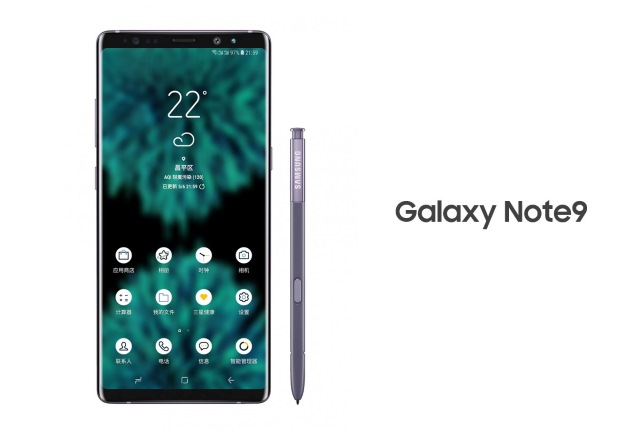
Samsung Galaxy Note9 benchmarks and leaked image appear online
There are few handsets released these days that do not fall victim to leaks. Phones from Samsung are no different, and the same thing has happened with the upcoming Galaxy Note9.
In addition to a leaked image -- which shows that Samsung has done little to change the design of the phone since the Note 8 -- benchmark results for the handset have also appeared online. The image may not offer too much to get excited about, but the benchmarks give away more information.
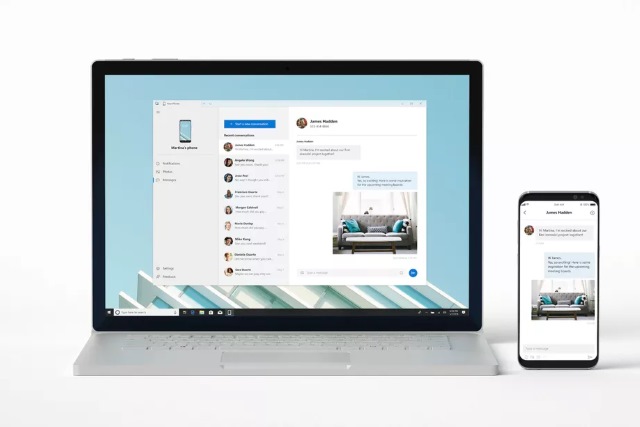
Microsoft says that to text from Windows 10 with Your Phone app, you'll need an Android handset
There's bad news for iPhone users who were previously excited about Microsoft's upcoming Your Phone app. Revealed at Build 2018 earlier this week, this new Windows 10 app will provide a way to connect your phone to your computer and then view notifications, send texts and copy files from within Windows 10.
But some of this functionality will be Android-only. Microsoft says that it needs to work with Apple to get some features up and running, including being able to respond to iPhone text messages via Windows 10. But how likely is this cooperation?
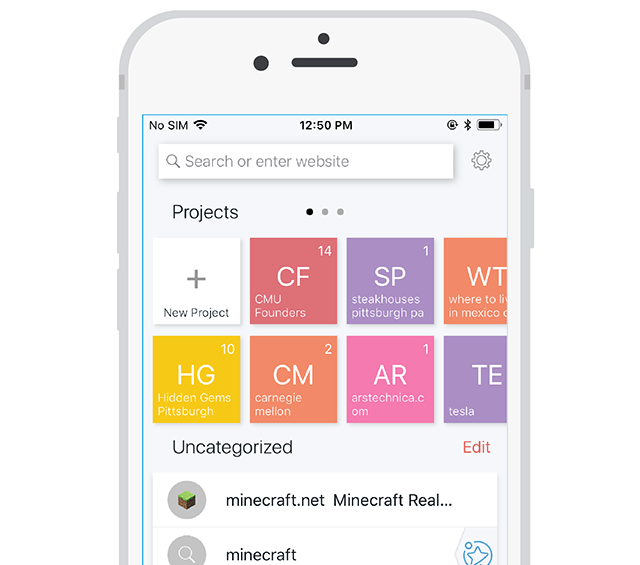
Carnegie Mellon created a new web browser specifically for mobile search
Conducting a web search on mobile -- unless you’re incredibly specific -- is hit or miss. Want to test it out, just use your device’s voice assistant to conduct a search.
Siri or Google Assistant will commonly return an unrelated series of results, more than they should anyway. Then, you have to sort through lengthy search listings to find what you’re looking for, hopping from website to website until you find what you need. Even then, a single website might not contain the full amount of information you’re looking for. Sorting through the results manually isn’t any more accurate, however. And the smaller the display, the fewer results you’ll be able to sort through, making the process that much more tedious.
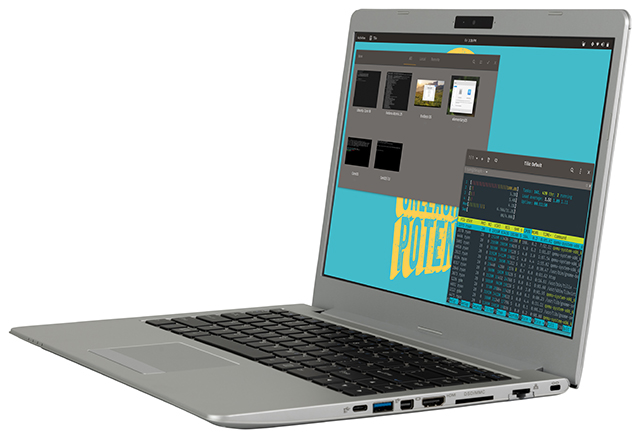
System76 Galago Pro Linux laptop now has two screen size options
Just yesterday, we shared the news that System76 had refreshed its popular Oryx Pro laptop. The Linux community was abuzz with excitement over the thinner and faster notebook. After all, it offers a lot of horsepower at a very affordable price. Heck, the battery life has even doubled compared to its predecessor!
The computer seller is apparently not ready to slow down, however, as today it also refreshes its affordable and svelte Galago Pro Linux ultrabook. What's particularly exciting about the new model is that it has two screen sizes -- 13 inch HiDPI or 14 inch 1080p (in matte). Regardless of which you choose, the overall dimensions stay the same. How can that be, you ask? Well, for the 14 inch model, the bezels are just thinner.

CRM technology isn't keeping pace with business needs
CRM systems should make communication with customers easier, but a new report from ProsperWorks, the CRM tool for Google's G Suite, suggests CRM technology isn't keeping pace with the needs of the digital workforce.
ProsperWorks commissioned research firm Lab42 to conduct a survey on sales relationships and CRM pain points from those that frequently use CRM systems. The findings show that the way companies interact with customers is changing but CRM technology is too manual, hasn't evolved and is not focused enough on fostering relationships.
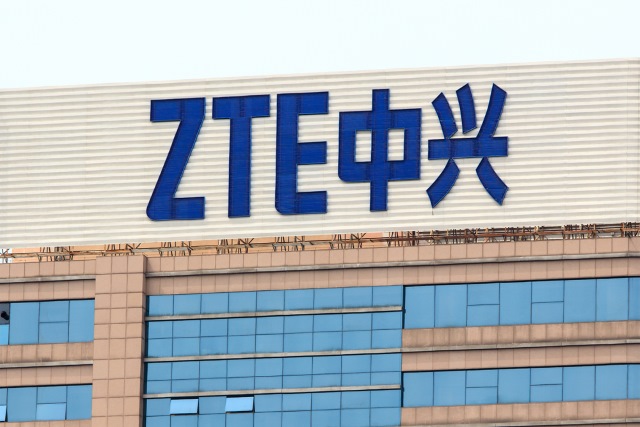
US ban forces ZTE to close its main operations
ZTE's fall from grace has been fairly spectacular. Now -- just weeks after been blacklisted by both the US and the UK -- the Chinese telecom manufacturer has announced that it has ceased its "major operating activities".
The company blames the move directly on the US ban on sales to ZTE, but says it is talking to the US government to try to get the ban lifted. Without a supply of US-made components, ZTE is going to find it very difficult to operate for very long.

Mobile ad fraud almost doubles compared to 2017
A new report from mobile measurement company Adjust reveals that in the first quarter of this year mobile ad fraud nearly doubled over the same period in 2017.
Adjust measured 3.43 billion app installs and over 350 billion events, processing and analyzing 125 terabytes of data per day from 20,000+ apps over the first three months of 2018.

PortableApps.com launches Platform 15 with high DPI support
When traveling, we like to take as little as possible. We don’t want to be dragging a huge 15" laptop on the road, but we still need access to our files, data and even our favorite apps.
With this in mind, often we carry around a small USB stick with our most important data. Simply plug the USB stick into any computer and you have full and secure access to your files, without having to worry about copying them to the temporary PC.
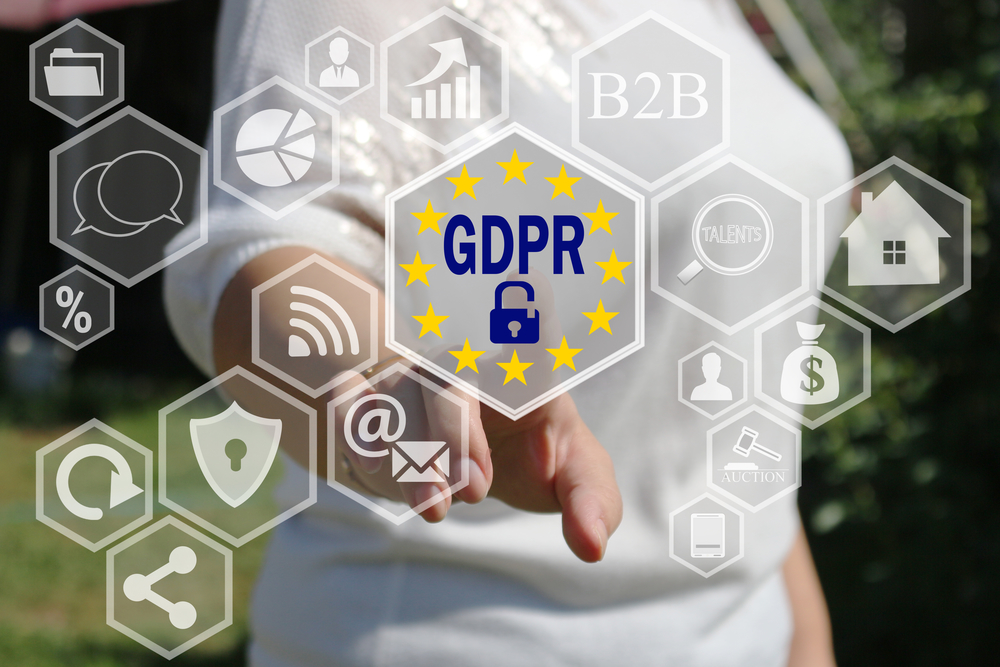
Companies can turn GDPR compliance into competitive advantage
GDPR comes into force on May 25th and will have an effect on all companies that collect user data even if they are outside the EU.
Independent identity research and strategy company One World Identity has produced a report that aims to serve as a definitive primer on what companies need to do to comply, and help them turn that compliance into a competitive edge.

Google announces plans to acquire cloud migration company Velostrata
Google has announced that it is to acquire Israeli firm Velostrata. This startup specializes in enterprise cloud migration technology.
Velostrata was founded in 2014, and its patented technology will help to give Google valuable tools for its customers looking to migrate from in-premises to cloud solutions.
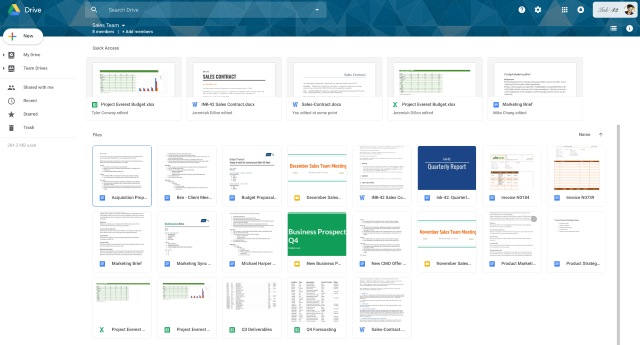
Google Drive gets a major redesign to match the look of the new Gmail
Following on from the redesign of Gmail, Google has start to roll out a new interface to Google Drive. The new user interface can be found on the web version of the cloud storage service, but it's likely that mobile apps will follow suit.
Google hasn't made much of a fuss about this redesign, but keeping things in line with other G Suite products makes a lot of sense. The redesign sees the arrival of an updated material look.

Schlage smart deadbolt door locks gain Amazon Alexa voice unlocking feature
The smart home is a huge industry right now -- more and more appliances are gaining internet connectivity all the time. For instance, you can control your lights, garage door, television, and sprinkler system with an app nowadays. Hell, there are even internet-connected refrigerators! What a world we live in, eh?
Schlage has been selling smart deadbolt door locks that you can operate via app. Since they also have a key pad, you can share codes with friends and family so they can enter when you aren't around -- don't worry, you can always change the pin. The concept of a child carrying a key around their neck is a thing of the past. Today, the company announces that its Sense Smart Deadbolt and Connect Touchscreen Deadbolt are getting Alexa voice unlock capability. Wait -- is that a good idea? Actually, yes.

Wow! Microsoft releases action-packed Windows 10 Redstone 5 build with dark theme for File Explorer, acrylic in Sets, Cloud Clipboard, and more
With Redstone 4 builds of Windows 10, the new features and changes came to users quite gradually. That’s certainly not the case with Redstone 5 releases. The latest build rolling out to Insiders on the Fast ring and Skip Ahead today is the perfect case in point.
Build 17666 (it's a beast of a build, so the number is apt) is chock full of exciting new features that you really won’t want to wait to get your hands on, including Cloud Clipboard, a dark theme for File Explorer, major improvements to Sets, the ability to search Bing in Notepad and much, much more.



